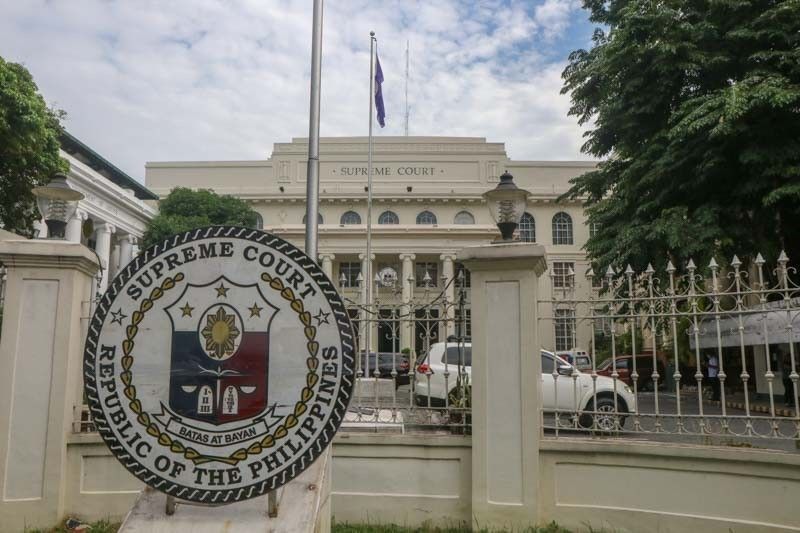Supreme Court: Banks can't arbitrarily refuse borrower payments

MANILA, Philippines — The Supreme Court has ruled that banks cannot unreasonably refuse payments from borrowers, as doing so may result in higher interest rates and additional fees for the borrowers.
In a 21-page decision promulgated on Aug. 19, 2024, the high court’s Third Division decided in favor of a married couple in a dispute with their bank. The court ordered the financial institution to accept a payment and apply it specifically to the couple’s personal loan.
The Supreme Court directed the bank to allocate the P2.6 million check solely to the spouses’ personal loan and awarded them a total of P4 million in damages.
The case
The case arose from a dispute between spouses Engracio and Lourdes Castañeda and Premiere Development Bank.
The couple had taken out a P2.6 million personal loan from the bank. Separately, their companies, Casent Realty and Central Surety, held three corporate loans with the same bank totaling P8.6 million.
When the spouses attempted to repay their personal loan, they tendered two checks: one for P2.6 million specifically for their personal loan and another for P6 million toward the corporate loans.
The bank, however, refused to accept the checks as intended and instead applied the total amount across all outstanding loans. This prompted the spouses to file a case against the bank, demanding that the P2.6 million check be applied solely to their personal loan.
The Regional Trial Court ruled in favor of the spouses, a decision later upheld by the Court of Appeals. Premiere Development Bank then elevated the case to the Supreme Court.
The bank argued that it had the right—not the borrower—to determine how payments are applied, citing provisions in their loan agreements that allowed it to allocate payments to any outstanding debt.
The ruling
The Supreme Court affirmed the rulings of both lower courts.
Citing Article 1252 of the Civil Code, the high court argued that borrowers have the right to designate how their payments are allocated when dealing with multiple loans from a single lender.
In this case, Premiere Development Bank improperly treated the spouses and their companies as one entity by combining their loan payments. The court clarified that the spouses and their companies are separate legal entities, and payments made by the spouses for their personal loan cannot be applied to corporate loans.
The high court also found that Premiere Development Bank acted in bad faith by refusing to accept payment as intended. This action exposed the spouses to potentially higher interest rates and additional charges.
“Thus, the application of the provisions of the waiver, as mandated by these articles, should be in keeping with not only the law but also good faith. PDB should not apply the waiver in a way that would prejudice the rights of Spouses Castañeda; otherwise, the exercise of PDB's right under the waiver would be tantamount to bad faith,” the court’s decision read.
- Latest
- Trending
























